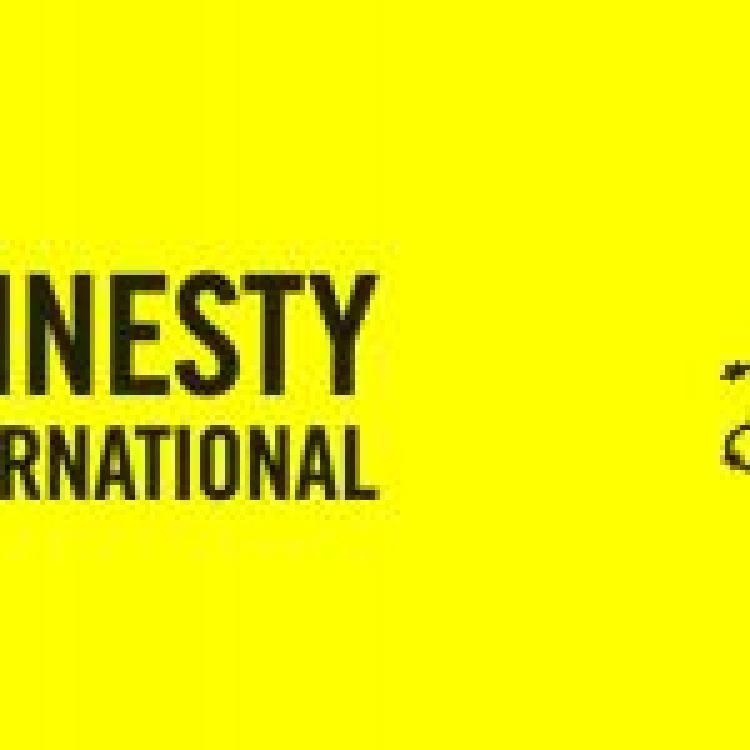The United Nations Human Rights Council (UNHRC) resolution is a "step towards justice and accountability" but member states must pursue "decisive action beyond the Council," said the People for Equality and Relief in Lanka (PEARL), the US-based advocacy group.
The UNHRC adopted a resolution on Sri Lanka yesterday which will mandate the Office of the High Commissioner for Human Rights to "collect" as well as "consolidate, analyse and preserve” evidence that could be used in future war crimes trials.
"Though the resolution falls short of the robust demands made by Tamil civil society, this is a positive step that has the potential to lead to an international accountability mechanism, which Tamils have long demanded," PEARL said in statement.
"The Council is limited, by its scope and its inherently political nature, to act decisively, particularly when dealing with intransigent states such as Sri Lanka. As a result, the resolution falls short of the joint demands made by Tamil political parties and civil society groups," PEARL added.
PEARL noted that "Tamils have consistently maintained that a credible domestic accountability process is inconceivable, given the majoritarian Sinhala-Buddhist nature of the Sri Lankan state."
"Sri Lanka’s disingenuous accountability and reconciliation efforts are directly linked to the Sinhala-Buddhist supremacy it upholds...Attempting to address the need for accountability without considering the ethnocratic nature of the state makes such efforts doomed for failure," the organisation added.
PEARL called on UNHRC member states to "utilise the full breadth of tools and sanctions under international law to support justice and accountability for Sri Lanka."
They also encouraged "countries to pursue accountability for Sri Lanka’s mass atrocities in venues such as the International Court of Justice, the ICC, or through the establishment of a special ad hoc tribunal" and for countries to "leverage the evidence gathered through the OHCHR to work with Tamil victim-survivor communities to initiate investigations and prosecutions in countries’ own domestic courts."
Read the full statement here.




